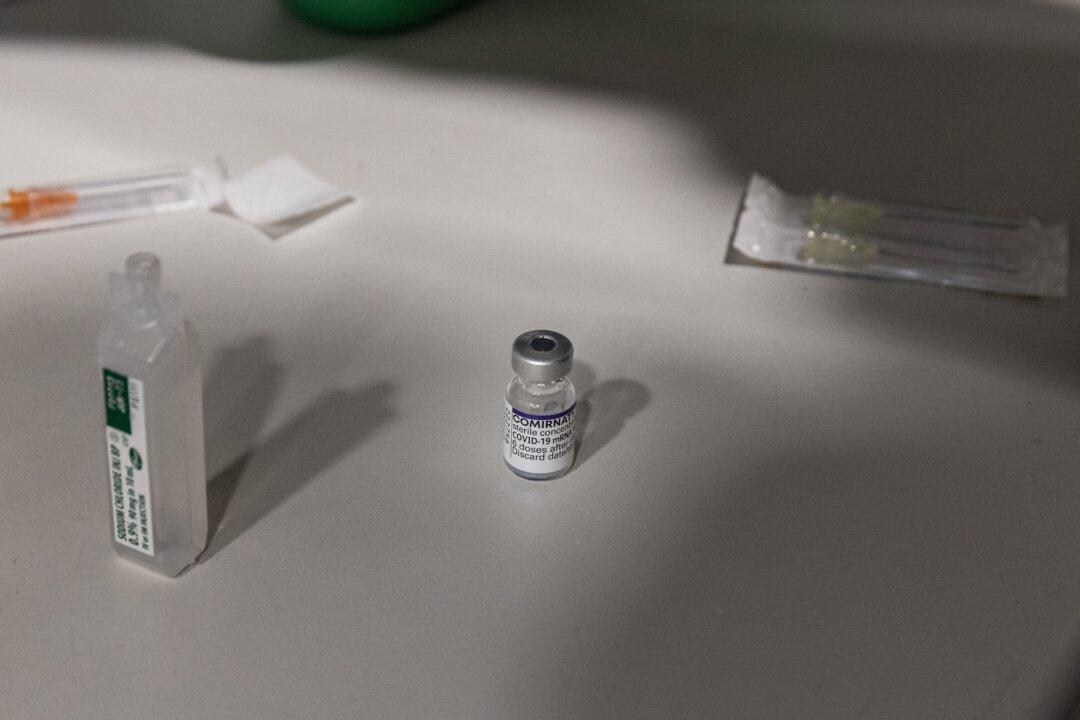The director of the U.S. Centers for Disease Control and Prevention (CDC) on Sept. 1 recommended updated COVID-19 boosters for all Americans aged 12 years and older.
Dr. Rochelle Walensky, the director, adopted advice from the Advisory Committee on Immunization Practices, which advises the CDC on vaccine guidance.





